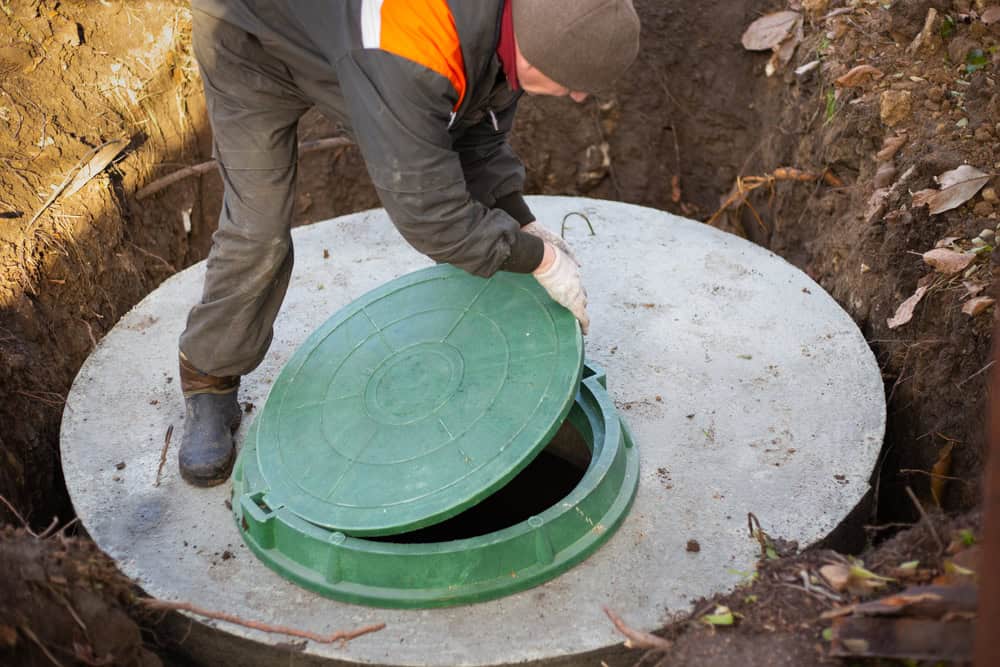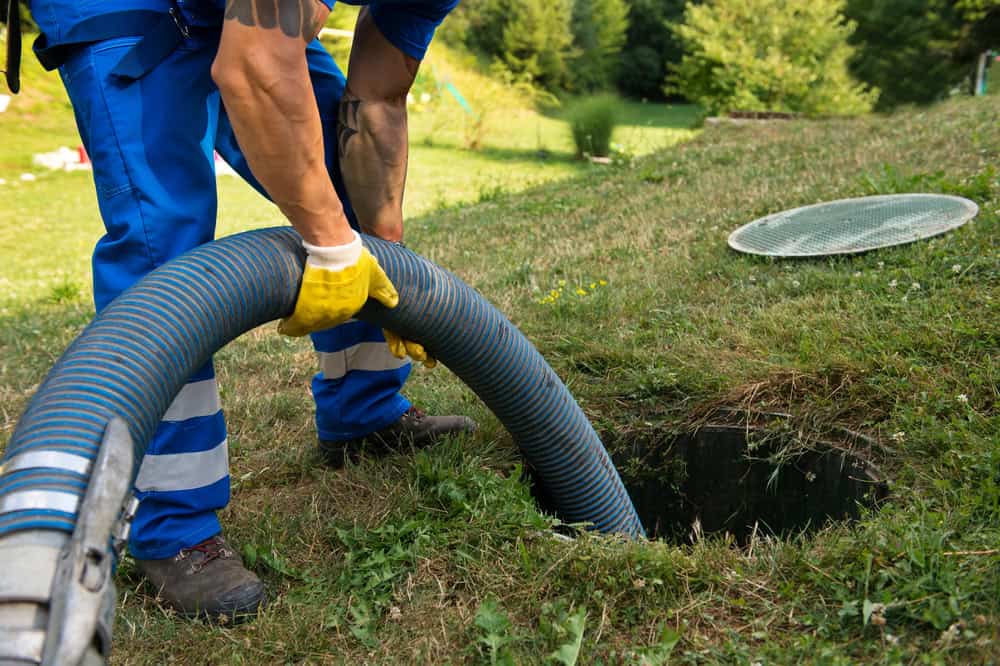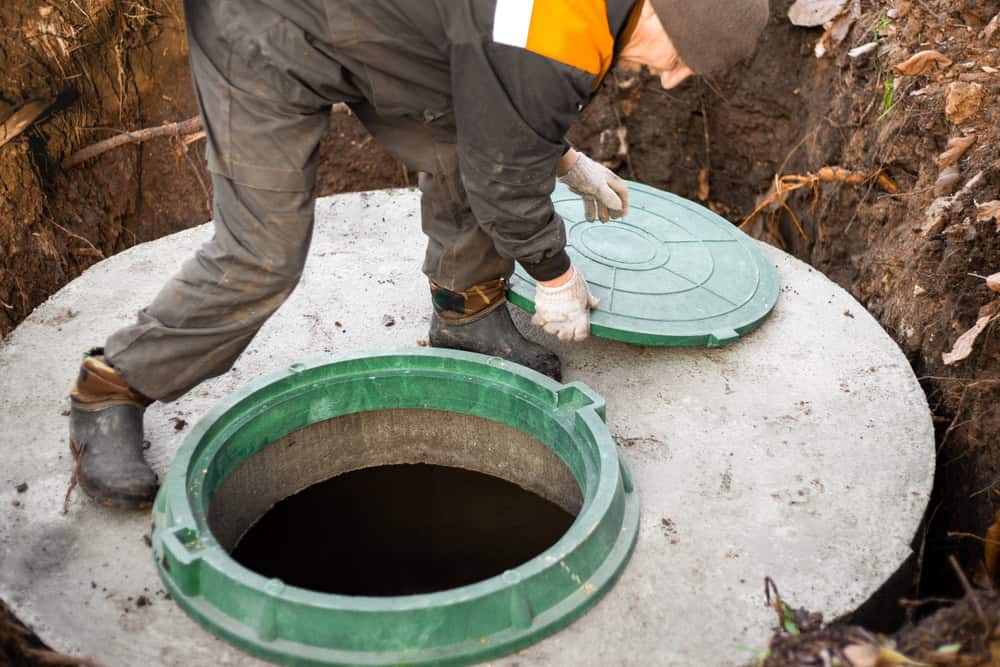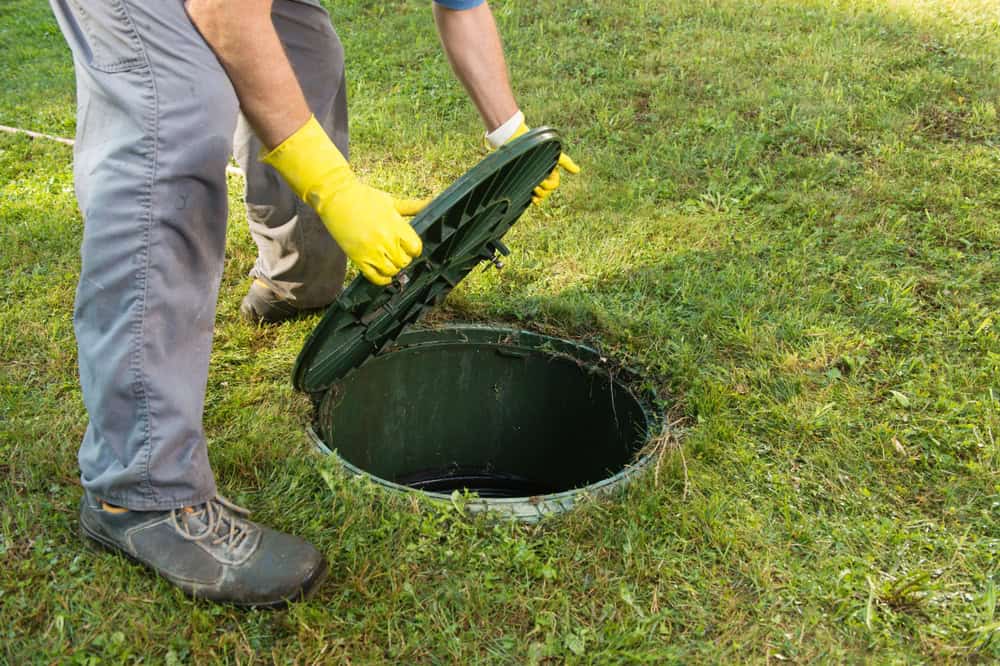Fast, reliable cesspool services that keep your Smithtown home running smoothly without the stress, surprises, or sky-high bills.

Hear from Our Customers

Your drains flow freely again. No more slow sinks or backed-up toilets disrupting your morning routine. No mysterious odors drifting across your yard when you’re trying to enjoy your deck.
Your system runs quietly in the background, doing its job without demanding your attention every few months. You sleep better knowing your cesspool won’t surprise you with a weekend emergency that costs thousands to fix.
Most importantly, you have a local team you can actually reach when something goes wrong. No more calling five companies just to hear they can’t see you for two days.
We’ve been solving cesspool problems for Smithtown families who need reliable service without the runaround. We know Long Island’s soil conditions, water table challenges, and the strict regulations that affect your system.
When your cesspool acts up, you don’t have time for companies that show up late, surprise you with extra fees, or disappear when you need follow-up service. We built our reputation by doing what we say we’ll do, when we say we’ll do it, at the price we quoted.
Smithtown homeowners deal with unique challenges—from the high water table to environmental regulations that seem to change every year. We’ve seen it all, fixed it all, and we’re not going anywhere.

First, we locate your cesspool and assess what’s actually going on. No guessing, no assumptions. We use proper equipment to measure waste levels and check your system’s condition before we start any work.
Next, we pump out the accumulated solids and sludge that’s been building up over the years. This isn’t just emptying the tank—we’re removing the debris that clogs your pipes and causes those backup problems.
Finally, we inspect your lines and system components to catch small issues before they become expensive emergencies. You get a clear explanation of what we found, what needs attention, and when you should schedule your next service.
The whole process typically takes a few hours, depending on your system size and condition. You’ll know exactly what to expect before we start.

Ready to get started?
Your cesspool service includes complete pumping, system inspection, and line clearing to restore proper flow. We handle everything from routine maintenance to emergency repairs, using equipment designed specifically for Long Island’s conditions.
Smithtown’s environmental regulations require regular cesspool maintenance—typically every 2-3 years for most homes. Miss your scheduled service, and you’re looking at potential fines ranging from $250 to $2,000, plus the risk of system failure that costs thousands more to fix.
We also provide cesspool inspections required for property transfers, insurance documentation, and compliance verification. Our certified inspectors use standardized protocols and provide detailed reports with photos, so you have everything you need for real estate transactions or regulatory requirements.
Many Smithtown homes have older cesspools that need more frequent attention due to capacity limitations or structural wear. We’ll assess your specific situation and recommend a maintenance schedule that prevents problems instead of just reacting to them.
